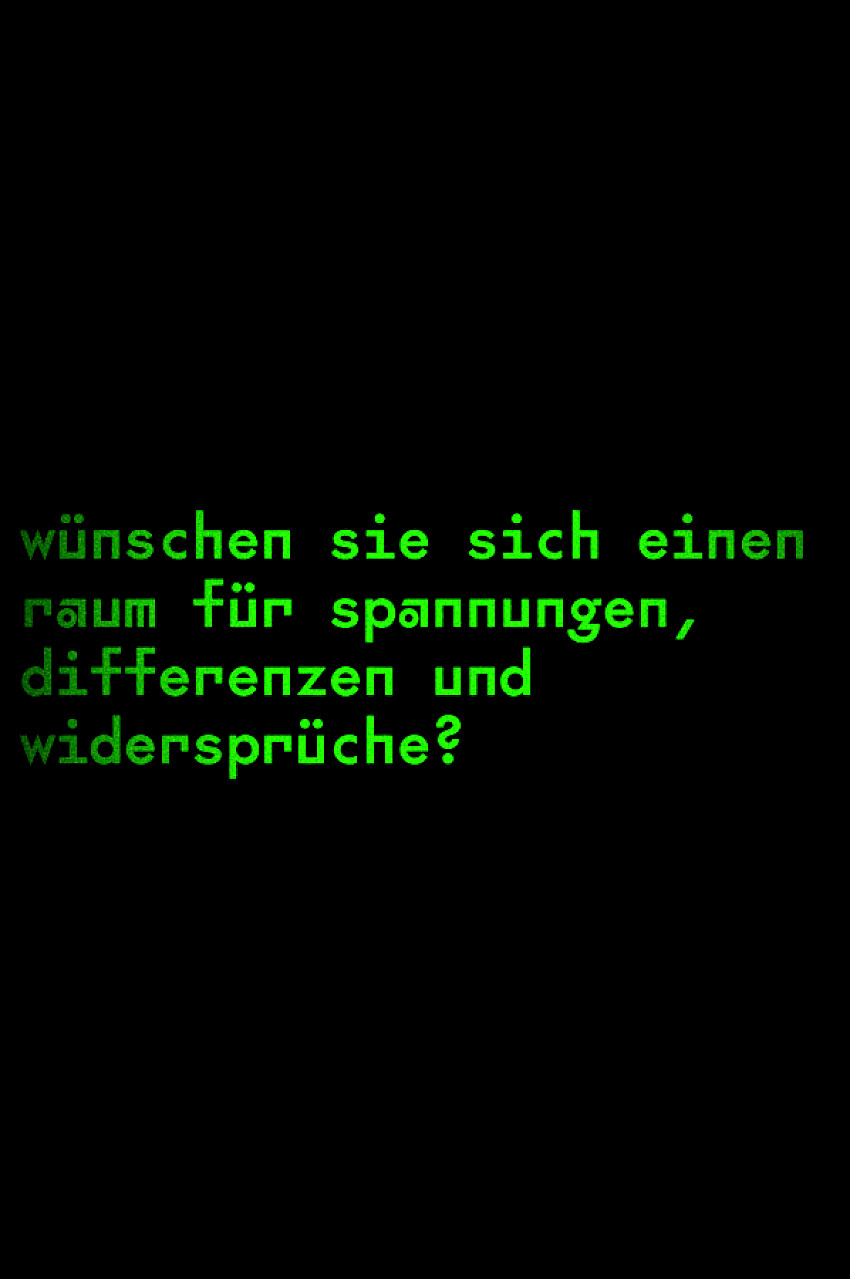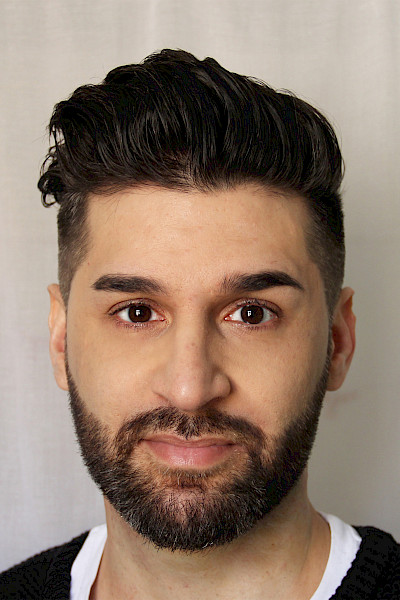un/safe spaces
Series by and with Kijan Espahangizi from the Institut Neue Schweiz INES (Institute New Switzerland INES)
are you also concerned about the degree of polarization and self-reinforcing spirals of indignation in politics and the media, especially on issues like migration, integration, and racism? tired of public debates that only simulate opinion-forming? slain by more and more talk shows and hashtags on irritant words like identity politics, racism and discrimination? do you also feel the desire to be on the right side and contribute to a better world? do you suspect, deep down, that things are more complicated than that? do you want a safe space where people treat you with respect, an open mind, and restraint in judgment? do you nevertheless wish for insecurity, a space in which there is room for the tensions, differences and contradictions of today’s society — including those that pervade ourselves?
then there’s good news: in the three-part series un/safe spaces with kijan espahangizi, historian, activist and co-president of the institute neue schweiz ines, the debate about migration, integration and racism goes one level deeper. the starting point is not pressing media events, but fundamental dimensions of human existence in the world improvement business: anger and hurt, guilt and shame, hope and solidarity.
folge 1: wut (anger) (24. november 2019)
the event kicks off with a conversation with gender researcher, sociologist, feminist, and author franziska schutzbach on anger — anger as a consequence of injustice, as a catalyst of activism, and as a self-reinforcing process that, once set in motion, is difficult to shake off.
folge 2: schuld (debt) | guest: social anthropologist rohit jain (march 12, 2020)
in today’s racism, yesterday’s colonialism lives on. the climate crisis is not being solved by those who caused it. the long shadows of the past shape our present. they determine how privileges, power and suffering are distributed. how do we deal with this historical legacy? who must/can take responsibility? is “guilt” passed down through generations? who is entitled to reparation? how personal can/must the argument become? starting from the way switzerland’s colonial and migration history is dealt with, we also ask: where does the short-circuit of history, present and future lead to? is it possible to understand historical responsibility in a different way, beyond identity politics, profiteer/victim logics or the media-effective working off of “old white men”, “boomers” and other “culprits”?
Production Team
Von und mit: Kijan Espahangizi
Gäste: Rohit Jain, Franziska Schutzbach


